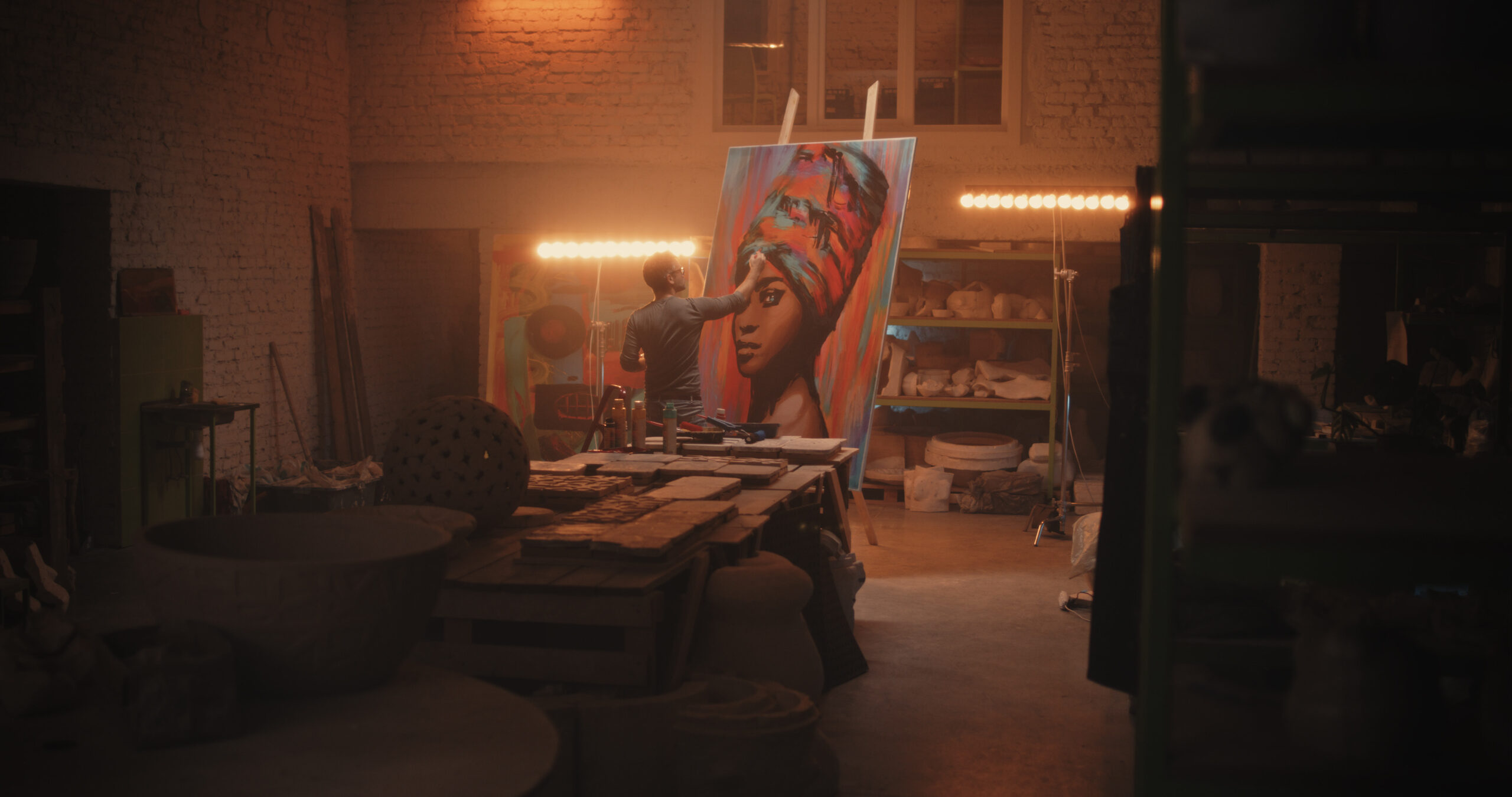When you think about the future, it’s hard not to picture AI right at the center of it all. It’s like that quiet kid in school who suddenly grows up to be the one everyone’s talking about. But AI is more than just a cool concept; it’s already deeply embedded in our lives, and its influence is only growing. I’ve had some interesting conversations with industry leaders about this, and their insights offer a glimpse into how AI is shaping our future.
Take, for instance, my chat with Sophia, a tech entrepreneur who’s been knee-deep in AI for over a decade. She described AI as a tool that enhances human capabilities rather than replacing them. She pointed out how AI in healthcare is a game-changer. “Imagine doctors having an AI assistant that can analyze thousands of medical images in seconds, highlighting potential issues that might take hours for a human to spot,” she said. It’s not about sidelining the doctors but empowering them to make quicker, more informed decisions.
Then there’s Raj, an AI researcher who’s been working on natural language processing. He shared an anecdote about a project where AI was used to translate languages in real-time. “It was like watching magic happen,” he said. “A farmer in rural India could suddenly communicate with a supplier in Brazil without a language barrier.” This isn’t just tech wizardry; it’s breaking down walls and connecting people in ways we hadn’t imagined before.
But it’s not all sunshine and rainbows. There’s a lot of talk about AI and ethics, a topic that came up in my conversation with Elena, a policy advocate. She stressed the importance of addressing biases in AI systems. “If the data we feed into AI is biased, the outcomes will be too,” she warned. Elena believes that we need transparent systems and accountability to ensure AI benefits everyone, not just a select few.
In the world of business, AI is revolutionizing how companies operate. I spoke with David, who manages a logistics company. He explained how AI helps optimize routes and reduce fuel consumption. “It’s like having a super-intelligent co-pilot,” he said. “We’re cutting costs and reducing our carbon footprint at the same time.” It’s a practical example of how AI can lead to more sustainable practices, something that’s becoming increasingly important.
Despite all this progress, there’s still a sense of uncertainty about what AI will bring. I often find myself wondering about the jobs that might disappear or how our everyday lives will change. But, as Sophia pointed out, “Every technological leap has come with its challenges. The key is to adapt and find new opportunities.”
AI isn’t just a futuristic dream or a dystopian nightmare. It’s here, and it’s shaping our world in complex, exciting ways. As we move forward, perhaps the most important thing we can do is stay curious and open-minded about the possibilities it presents. After all, the future is unwritten, and we’re all part of its story.




